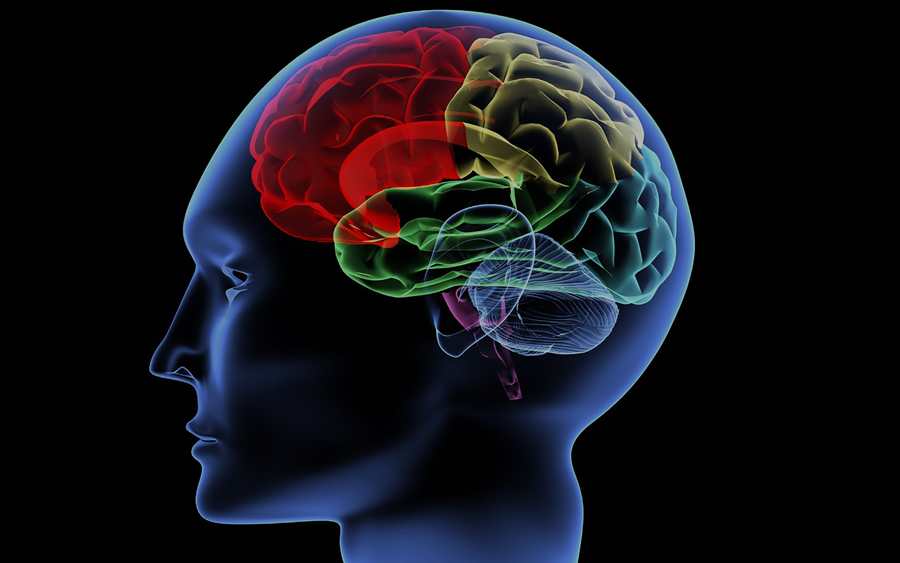This article discusses the use of education to improve self-esteem but before that, let’s briefly discuss what self-esteem is and what strategies people can use to improve their self-esteem.
When individuals have a healthy level of self-esteem, they have a positive self-image, believe in their abilities, and have confidence in themselves. Here are some strategies and approaches that can be helpful in improving self-esteem:
- Fostering a positive and supportive environment: Create an environment that promotes positive self-esteem offering encouragement, support, and constructive feedback. This can be done in educational institutions, workplaces, or at home.
- Adopt self-acceptance and self-compassion: Help individuals understand that self-esteem is not about perfection but about accepting oneself, flaws, and all. Encourage self-compassion by ensuring that one is kind to oneself, practicing self-care, and embracing strengths and weaknesses.
- Promoting self-awareness: Helping people develop self-awareness by encouraging reflection, introspection, and understanding one’s emotions, strengths, and limitations. This can be achieved through activities like journaling, self-assessment exercises, or mindfulness practices.
- Encourage setting realistic goals: Setting realistic and achievable goals. Small successes along the way can boost self-esteem and provide a sense of accomplishment. Emphasise the importance of effort and progress rather than solely focusing on outcomes.
- Encourage a growth mindset: Intelligence, abilities, and skills can be developed through effort, learning, and perseverance. Encourage them to embrace challenges, learn from failures, and see setbacks as opportunities for growth.
- Provide opportunities for skill-building: Create opportunities for individuals to develop and improve skills and talents. This can be done through extracurricular activities, hobbies, workshops, or training programs. Success in acquiring new skills can enhance self-esteem.
- Encourage positive self-talk: Teach individuals to recognize and challenge negative self-talk and replace it with positive and empowering thoughts. Promote the use of affirmations and encourage them to focus on strengths and achievements.
- Emphasise the importance of self-care: Self-care is central to overall well-being and self-esteem. Prioritising activities that nurture physical, emotional, and mental health.
- Foster a sense of belonging: Individuals who are connected to others who share similar interests, values, or experiences build self-esteem. Building healthy relationships and belonging to supportive communities can contribute to improved self-esteem.
Education and Achievement Improve Self-Esteem
Education and achievement are important factors for the development of self-esteem. However, it’s not the case that everyone who has a higher education is blessed with a high self-esteem – many factors influence self-esteem. However, it is still an important component for someone wanting to improve self-esteem. The following list explains why education is such an important factor:
- Knowledge and Skills: Education provides individuals with knowledge and skills in various domains. Acquiring new knowledge and skills boosts confidence and self-belief. As individuals gain expertise in specific areas, they feel more competent and capable, leading to increased self-esteem.
- Sense of Accomplishment: Achieving educational milestones, such as completing a degree, mastering a new subject, or earning a certification, can be a significant source of pride and accomplishment. These achievements validate one’s abilities and hard work, contributing to improved self-esteem.
- Recognition and Validation: Education often involves assessments, evaluations, and feedback from teachers, mentors, and peers. Positive feedback, recognition, and validation of one’s efforts and achievements provide external affirmation, reinforcing a sense of worth and enhancing self-esteem.
- Goal Attainment: Education typically involves setting goals and working towards achievement. Accomplishing educational goals, whether small or large, instils a sense of purpose, direction, and personal satisfaction. Meeting these goals reinforces a positive self-image and strengthens self-esteem.
- Expanded Opportunities: Education opens doors to various opportunities, such as better job prospects, career advancement, and personal growth. Achieving educational milestones can lead to increased confidence in pursuing these opportunities, broadening one’s horizons, and ultimately elevating self-esteem.
- Personal Growth and Development: Education is not solely about acquiring knowledge but also about personal growth and development. Engaging in learning experiences, reflecting on one’s progress, and overcoming challenges fosters resilience, self-awareness, and a sense of personal growth. These factors contribute to improved self-esteem.
- Social Comparisons: Education often involves interacting with peers and classmates. Comparing oneself to others can have a negative impact if individuals perceive themselves as falling short. However, healthy competition and collaborative learning environments can motivate individuals to strive for excellence, improve their skills, and boost their self-esteem.
- Empowerment and Independence: Education equips individuals with knowledge, critical thinking skills, and the ability to make informed decisions. Feeling empowered and independent contributes to a positive self-concept and higher self-esteem. Education can provide individuals with the confidence to navigate challenges and make choices that align with their values and aspirations.
Education is one important step in the journey toward improved self-esteem, and by now, you understand the reasons for its power. However, while education and achievement positively influence self-esteem, self-esteem requires a balanced perspective. You need to do the other things too – work on your personal growth, and put effort into the journey, rather than solely focusing on external achievements.
Dr Schultz spent 22 years working in psychiatry and then went on to qualify as a lawyer. He has spent 34 years helping people solve problems and the unique combination of medicine, psychiatry, law and mediation provides a unique academic and practical approach to life's challenges.
-
Dr Neil Schultzhttps://www.schward.consulting/author/drneiljschultz1963/
-
Dr Neil Schultzhttps://www.schward.consulting/author/drneiljschultz1963/
-
Dr Neil Schultzhttps://www.schward.consulting/author/drneiljschultz1963/
-
Dr Neil Schultzhttps://www.schward.consulting/author/drneiljschultz1963/








